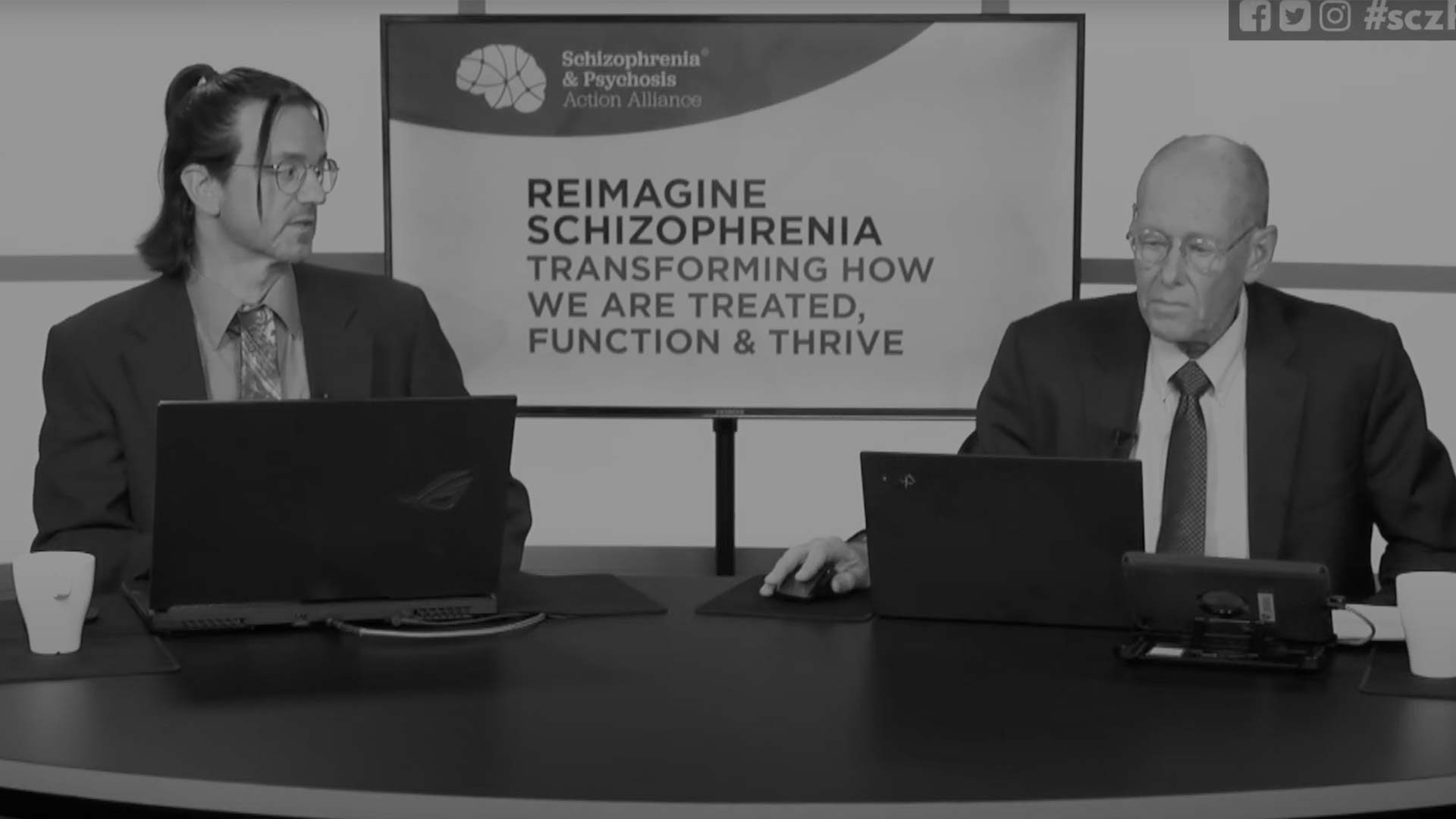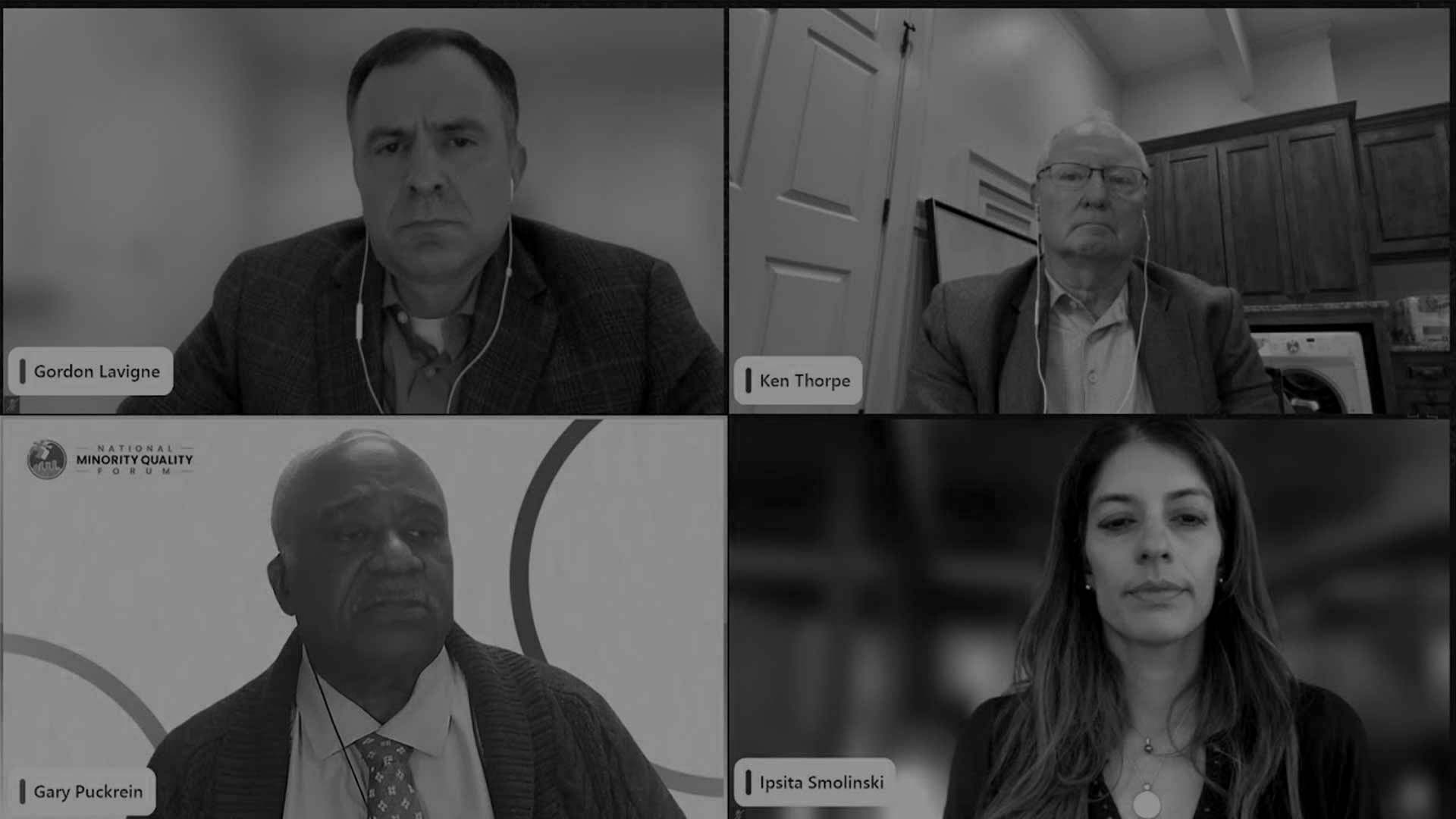People living with schizophrenia deserve effective treatment, access to comprehensive care and to be treated with respect and urgency. With proper treatment and support, many people with schizophrenia can achieve recovery. But this requires care that our siloed healthcare system does not often provide, and equitable access to services that many public policies do not support.
We advocate for laws and policies that address these realities:
The voices of our community are critical to help us tell the stories of the discrimination people with this severe brain disease face every day. Join us to advocate for action – and help shatter barriers to treatment, survival and recovery.



We are proud members of the American Brain Coalition and other consortia of patient-focused organizations aligned for systems-level change.
We participated in a Center Forward-sponsored healthcare summit on the future of telehealth and health IT.
Questions?
If you or a loved one has thoughts of self-harm, go to a hospital emergency room or dial the National Suicide and Crisis Lifeline at 988.
Keep up with the latest news, events and ways to support us.
Information on this website is not intended to be used for medical diagnosis or treatment.
We are a 501 (c)(3) tax-exempt non-profit organization
(Tax ID 33-1213657)